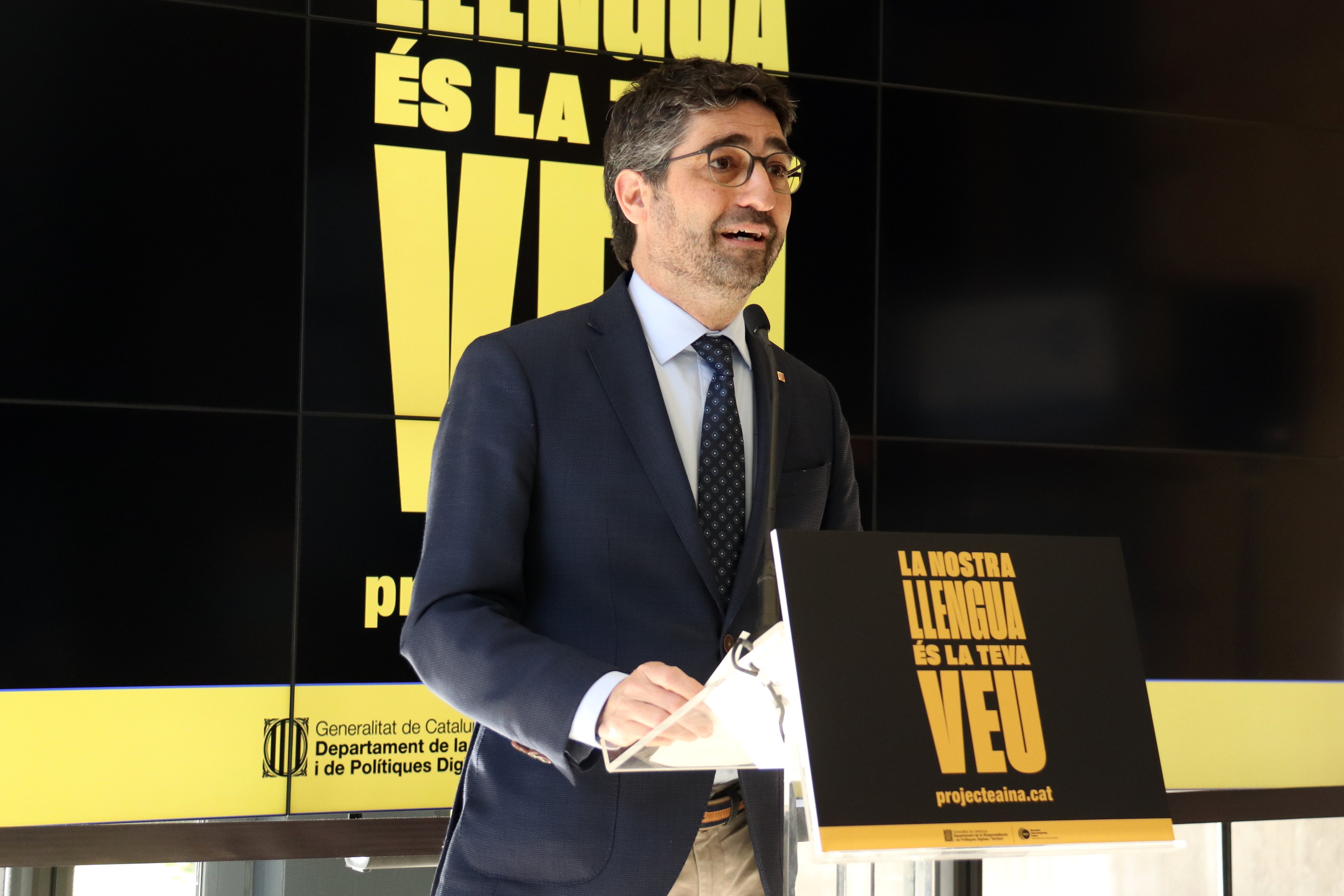Siri may not speak Catalan yet. But she can learn. Virtual assistants such as that used by Google, as well as Apple's well-known Siri, could in the future include Catalan in their language repertoire - and human Catalan speakers are being asked to help in the teaching process. The Catalan government's digital policies ministry has launched a campaign, in collaboration with the Barcelona Super Computing Centre, for members of the public to read aloud texts in Catalan; and thus enable the machines to master the language spoken by 10 million people in the Western Mediterranean. All of this is to help consolidate the AINA project, a project based on data technology and artificial intelligence to make it possible for machines to understand and speak Catalan. The ultimate goal is to build the foundation for any business to use this infrastructure as a translator or personal assistant, among others.
And how will all this be done? The intention of the Government is to include in this project any Catalan speaker of any age, from any territory or who speaks any dialect. This is because the machines need to understand the full range of ways that people speak, with all the variations that come with dialect, age and other factors. According to Jordi Puigneró, Catalan vice president and digital policies minister, the AINA project already knows the structure of the Catalan language. That is, the syntax. Now, however, it needs to learn vocabulary and semantics. "We already have the backbone of the project, but now we need it to develop its muscles," he added.
One of the much-debated questions in recent months on the health of the Catalan language concerns the tendency of Catalan speakers to abandon their mother tongue when their interlocutor answers them in Spanish. "If this is already happening to us among people, we can't allow it to happen to us with the machines," said the vice president. To give an example: Catalan speakers cannot speak their mother tongue with Apple's assistant, Siri, because she does not understand or speak their language. The Google virtual assistant does understand the Catalan language - but does not speak it. This situation must therefore be reversed. "If we don't take care of Catalan, no one else will," Puigneró spelt out.
How to take part? The steps to do so, according to the digital policies department, are very simple. From this Wednesday, any member of the public will be able to access the AINA project website. Once there, the web portal directs visitors to a page where they can start reading texts in Catalan. "It takes time," he said, making a comparison with people who have taken part in language tandems or have taught others Catalan. "Well, in a way it's the same thing," he said. By the way, the project is so far designed only for Catalan - it does not yet include Aranès, the even-more minoritized language, a dialect of Occitan, which is official in Catalonia's Vall d'Aran.

